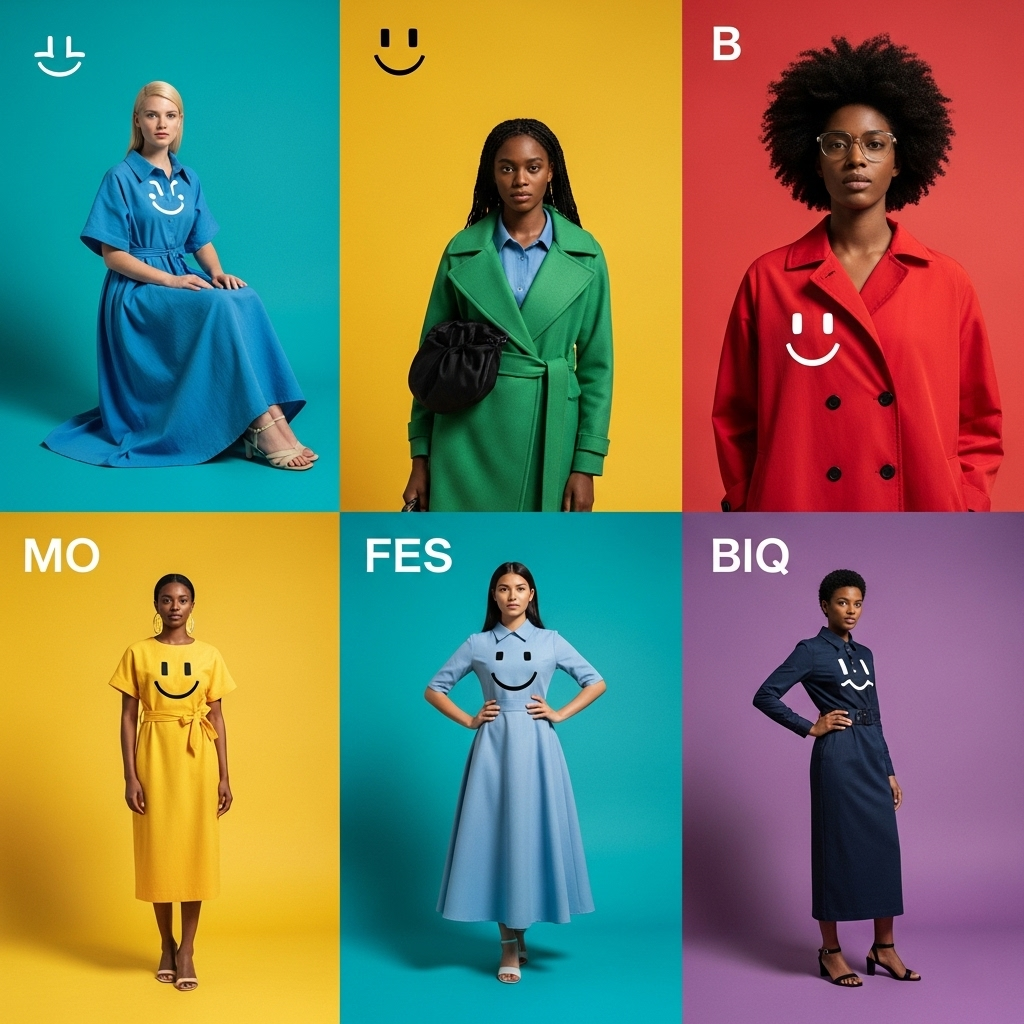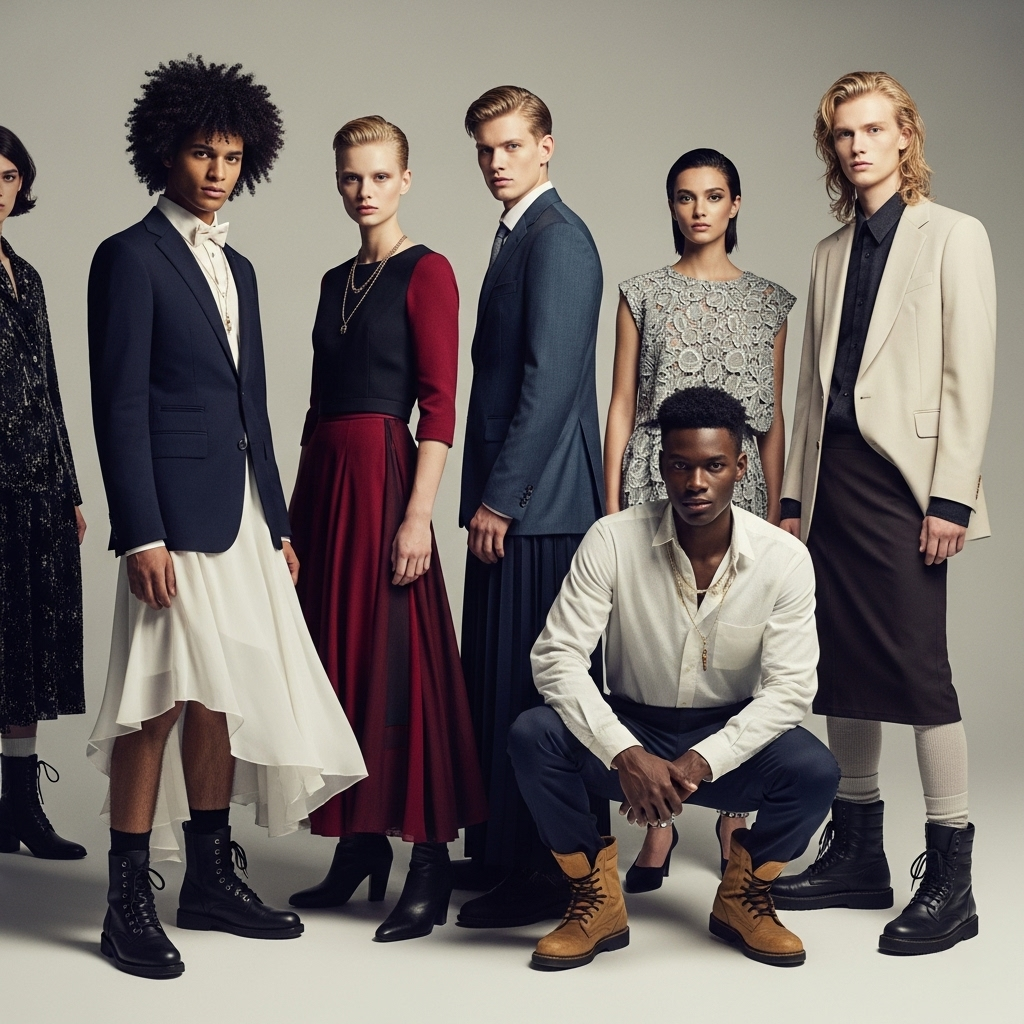No products in the cart.: $0.00
The Power of Personal Branding Through Fashion

In today’s interconnected world, personal branding has become increasingly important. It’s about consciously shaping how others perceive you, and fashion plays a pivotal role in this process. The clothes you wear, the accessories you choose, and the overall aesthetic you cultivate send powerful non-verbal cues about your personality, values, and aspirations. Understanding how to leverage fashion for personal branding can be a game-changer in both your professional and personal life.
Your personal style is an immediate visual representation of who you are. Before you even speak, your clothing communicates volumes. Are you detail-oriented and professional? Perhaps your wardrobe consists of tailored pieces in classic colors. Are you creative and unconventional? You might gravitate towards bolder colors, unique silhouettes, and statement accessories. The key is to ensure that your outward appearance aligns with the image you want to project.
In the professional realm, fashion can significantly impact how you are perceived by colleagues, clients, and superiors. Dressing appropriately for your industry and role demonstrates respect, professionalism, and attention to detail. While the definition of “appropriate” can vary widely across different fields, the underlying principle remains the same: your attire should support your professional goals and enhance your credibility.
For example, in a corporate environment, a well-fitted suit or polished separates can convey competence and authority. In a more creative industry, a stylish and fashion-forward outfit might signal innovation and artistic flair. Understanding the unspoken dress codes and expectations of your professional sphere is crucial for making a positive impression and building a strong personal brand.
Beyond the workplace, fashion also plays a significant role in shaping your personal image. Whether you’re networking, attending social events, or simply going about your daily life, your clothing contributes to how others perceive you. Dressing in a way that makes you feel confident and authentic can enhance your social interactions and help you connect with like-minded individuals.
Building a personal brand through fashion is not about blindly following trends or wearing expensive designer clothes. It’s about developing a signature style that reflects your unique personality and values. This involves understanding your body type, identifying colors and silhouettes that flatter you, and curating a wardrobe that feels both comfortable and authentic.
Consider iconic figures who have cultivated strong personal brands through their fashion choices. Think of Anna Wintour’s signature bob and sunglasses, or Steve Jobs’s consistent turtleneck and jeans. These individuals understood the power of a consistent and recognizable style in reinforcing their public image. While you don’t need to adopt such a rigid uniform, identifying key elements that define your personal style can be incredibly effective.
Accessories are also powerful tools for personal branding through fashion. A carefully chosen watch, a distinctive piece of jewelry, or a stylish handbag can add personality and polish to your overall look. These details can communicate your attention to detail and your personal taste.
Developing a strong personal brand through fashion requires self-awareness and intentionality. Take the time to reflect on the image you want to project and how your current wardrobe aligns with that vision. Consider seeking inspiration from individuals whose style you admire, but always adapt it to your own unique preferences and lifestyle.
It’s also important to remember that personal branding is an ongoing process. As you evolve and your goals change, your personal style may also need to adapt. Regularly evaluating your wardrobe and making conscious choices about the clothes you wear will ensure that your fashion continues to support your personal brand effectively.
In conclusion, fashion is a powerful tool for personal branding. By consciously curating your wardrobe and developing a signature style that reflects your personality, values, and aspirations, you can shape how others perceive you and enhance your success in both your professional and personal life.



